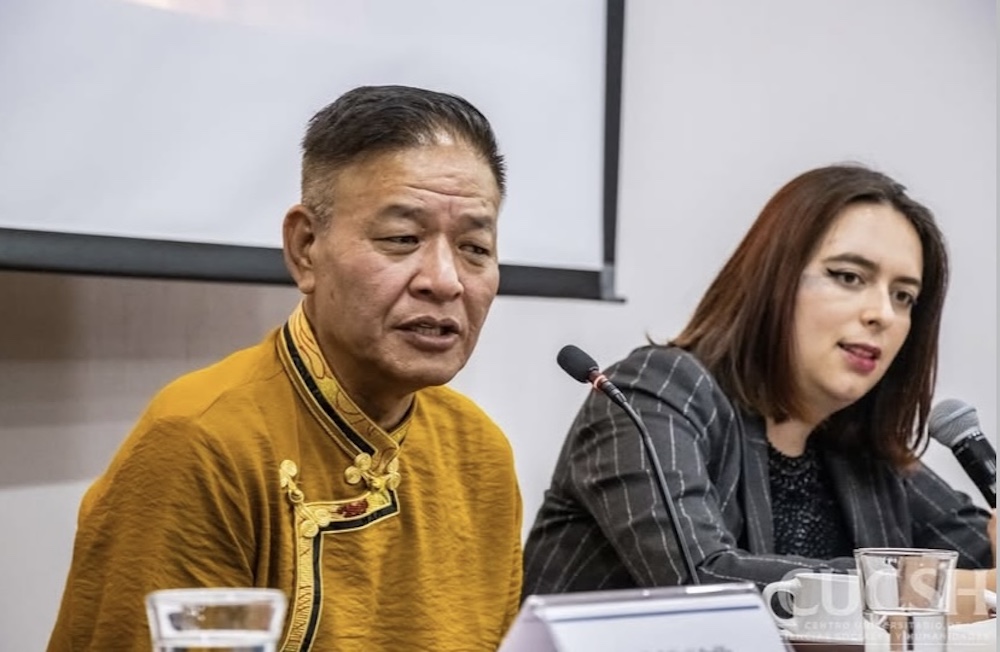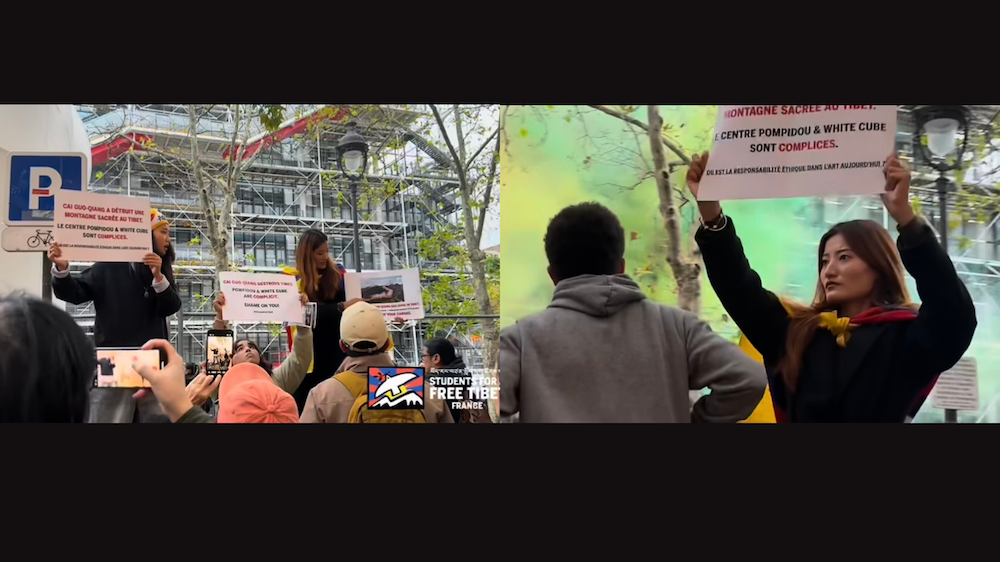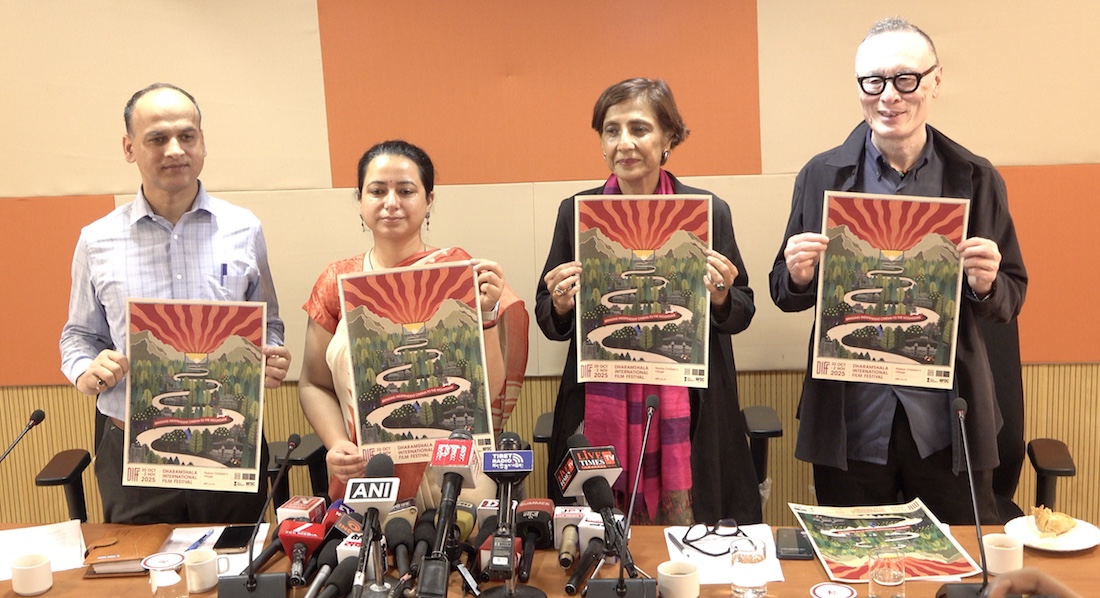By Verna Yu
 BEIJING – China announced it would temporarily ease restrictions on foreign media ahead of the 2008 Olympics, allowing journalists to report more freely across the country, including in Tibet.
BEIJING – China announced it would temporarily ease restrictions on foreign media ahead of the 2008 Olympics, allowing journalists to report more freely across the country, including in Tibet.
However, the new rules, which will take effect from January 1 next year, will expire in October 2008, after the
Olympic Games are held.
Foreign journalists are currently only allowed to report from the cities where they are accredited and are required to seek approval from local governments where they want to report.
“You will no longer need approval… from the local government,” foreign ministry spokesman Liu Jianchao told a press briefing.
“So long as you can secure the consent from your interviewee, you can go ahead with your interview, the new regulations should apply to all areas in China.”
Liu made the reference to travelling to all areas of China when asked whether reporters would be allowed into Tibet, the sensitive Himalayan region that has been under Chinese rule since 1951.
Foreign reporters are currently barred from entering Tibet unless they are accompanied by officials on government-arranged trips.
Under the new rule, as long as they obtain entry permits that apply to all foreign nationals who want to go to Tibet, then they are allowed to report, as in the case for the rest of China.
The easing of the rules offered hope for foreign reporters that, if only for the limited period, they could operate much more freely in communist-ruled China.
Currently, local governments can detain journalists for “illegal reporting,” which often happens whey they try to cover issues deemed sensitive by authorities such as protests, coal mine disasters and human rights cases.
Liu did not explain directly why the rules would cease to be effective by October 17, 2008, but promised that China would continue to do more to help foreign journalists.
“China’s reform and opening is continuing to deepen and widen, there will be more assistance and convenience provided to journalists by the Chinese government,” Liu said.
However some other restrictions on the foreign press will continue to apply, such as the ban on Chinese journalists working for the international media. Foreign journalists may continue to hire Chinese nationals only as assistants.
As part of its Olympic bid, China promised to respect press freedom and foreign journalists, even if they wanted to cover topics considered negative by the authorities.
Nicholas Bequelin, a Hong Kong-based researcher with Human Rights Watch, said the temporary rule was implemented only because China was obliged to do so in return for the right to host the Olympics.
“What is a great concern is that the lifting of this limitation is temporary,” he told AFP.
“This really is an Olympic exercise designed to meet the inescapable requirement for holding the Games.”
He said it was “ironic” that the announcement came as a Beijing court upheld a three-year jail sentence for Zhao Yan, a Chinese researcher for the New York Times, after he lost his appeal Friday.
Zhao was arrested in September 2004 after the New York Times correctly reported that former president
Jiang Zemin was about to resign from his last official post as the country’s top military leader.
Amnesty International also said Friday’s announcement should be treated with caution.
“We will have to see what happens at the time whether these regulations are properly enforced,” Amnesty East Asia researcher Mark Allison said.
Reporters Without Borders ranks China 163rd out of 167 countries on its global press freedom index.









